Last updated on April 5th, 2023 at 02:08 pm
Today I decided to touch on some key nutrients, particularly real foods for immune support. Indeed, these foods are therapeutic and nourishing to the immune system. Immune support is such a hot topic right now.
The world is a little chaotic today, and as I watch people stock up their carts with loads of processed foods and synthetic supplements, I can’t help but cringe.
Supplements are so helpful and can be an incredible tool to use alongside a nutrient-dense diet, stress reduction, and sleep. However, you cannot out-supplement chronic stress or a poor diet. The other problem I find is that people randomly take handfuls of different supplements to “boost” their immune system, but what is not understood (unless you have done your due diligence in researching things for yourself) is that most nutrients work synergistically together. In short, most supplements aren’t formulated to keep nutrients in balance.
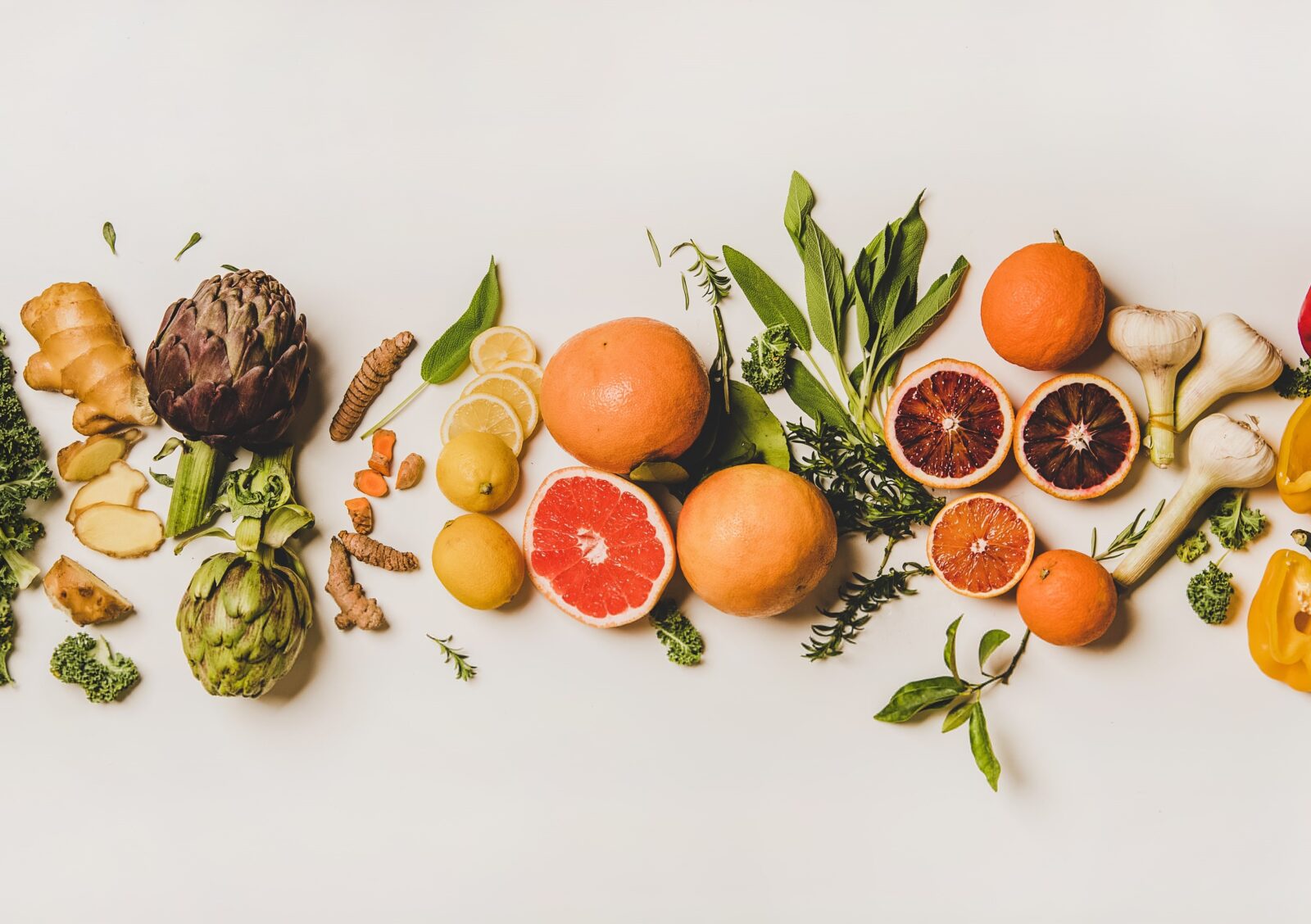
Another thing concerning all these supplements is that for a vitamin label to say “natural,” only ten percent of the ingredients must be natural. As a result, the other ninety percent can be synthetic! Meanwhile, synthetic nutrients manufactured in labs are far different from the ones found in nature and are much cheaper to produce. Vitamins, in their naturally-occurring state, always appear in a synergistic complex. In short, they are balanced with other nutritional cofactors and in the correct biological concentrations. In other words, the body can only utilize vitamins as they naturally occur in food. It doesn’t matter whether they are fat or water-soluble. So while these synthetic supplements are much cheaper, they don’t have identical effects on the body as their whole-food source counterparts and can cause more harm than good to the body.
The New York Times published an article in 2015
“New York State attorney general’s office accused four major retailers on Monday of selling fraudulent and potentially dangerous herbal supplements and demanded that they remove the products from their shelves. The authorities said they had conducted tests on top-selling store brands of herbal supplements at four national retailers — GNC, Target, Walgreens, and Walmart — and found that four out of five of the products did not contain any of the herbs on their labels. The tests showed that pills labeled medicinal herbs often contained little more than cheap fillers like powdered rice, asparagus, and houseplants, and in some cases substances that could be dangerous to those with allergies.”
Of course, as I am typing this, the virus we are not allowed to name is in full swing. Therefore, people are freaking out left and right, stocking up on particular supplements and taking large dosages each day, with no idea that they might be throwing other nutrients off balance in their bodies. These are the four main ones that I have seen floating around.
Vitamin C
It never occurs in an isolated form in nature. Again, it is always accompanied by a natural complex of nutrients vital for Vitamin C’s bioactivity. The synthetic form is ascorbate, an isolated form that the body can’t utilize alone.
Zinc
HCl (stomach acid) and zinc work synergistically together. Meaning two things, 1.) if you aren’t producing enough stomach acid, you won’t be able to absorb all this zinc that you are taking, and 2.) if you are continuously zinc-deficient, make sure that your body is making enough stomach acid. On the other hand, high doses of zinc will throw off copper, which is essential for proper immune function. Additionally, you can read about the importance of stomach acid and digestion here and here.
Vitamin D
Ironically, vitamin D is not a vitamin at all. Instead, it is a steroid hormone – responsible for many bodily functions. Simply supplementing copious amounts of vitamin D is not the answer. I recommend figuring out why you are potentially deficient in the first place and working on that. Excess Vitamin D supplementation in excess can cause toxicity in the body.
Selenium
Make sure to check the tolerable upper limits for this nutrient, as it is really easy to create a toxic overload in the body.
Elderberry Syrup
Firstly, it is a major immune system stimulator, dramatically reducing the time you are sick with the flu or a cold. Secondly, it has been gaining popularity. Therefore, many syrups are just filled with artificial sugars, which will only harm your immune system. Therefore, always look for pure elderberry syrup. Lastly, it is also worth a mention that elderberry syrup isn’t for everyone: pregnant women, nursing mamas, and those with certain autoimmune conditions. Elderberry is not the best choice for everyone.
I am not saying not to take supplements. Therefore, do legitimate research, be educated, and use these tools alongside a nutrient diet, stress reduction, and sleep. However, if you need clarification or clarification, talk to your nutritionist (or find one) before consuming specific supplements to ensure that you get quality supplements with the proper cofactors and the correct dosages.
Now that we have addressed some of the concerns around supplements let’s dive into the beauty of nutrient-dense whole real food. In other words, how can you use food for immune support during these virus-filled days and beyond?
I love how nature produces the perfect little package of nutrients with all the cofactors together.
Here is a list of key nutrients and their sources for immune support
VITAMIN A (retinol and beta-cartone)
Food sources: cayenne, chili powder, eel, egg yolks, raw dairy, liver, paprika, cooked kale and spinach, and sweet potato.
Supplements: Rosita cod liver oil and desiccated beef liver.
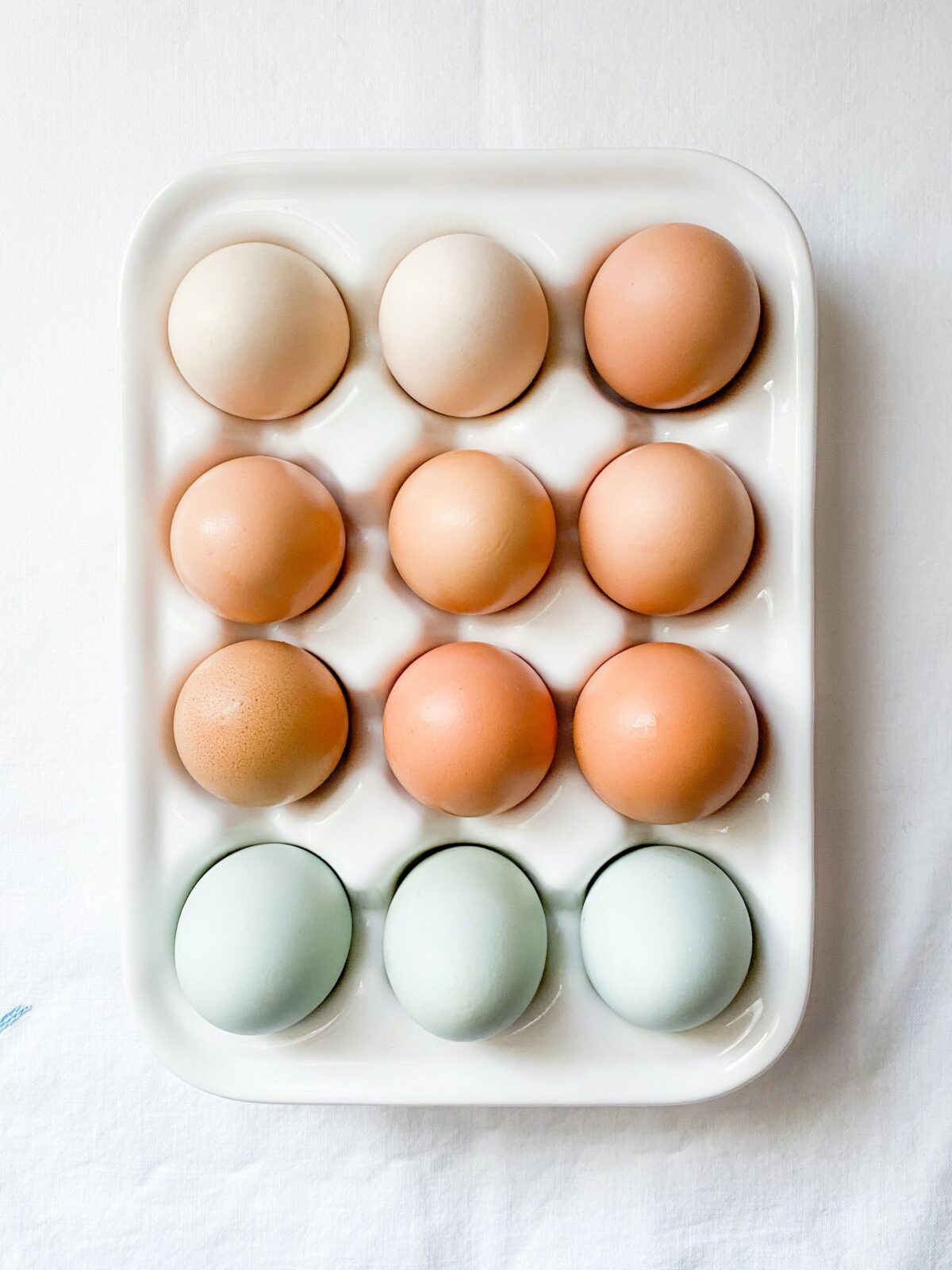
VITAMIN B6
Food sources: basil, bay leaf, dill, garlic, hot peppers, liver, oregano, paprika, pistachios, rosemary, sage, savory, shiitake mushrooms, spearmint, soaked or sprouted sunflower seeds, tarragon, tuna, turmeric, wheat germ.
Supplements: LifeBlud Energi + and desiccated beef liver, bee pollen.
VITAMIN B12
Food Sources: clams, herring, sardines, trout, eggs, liver and kidneys, octopus.
Supplements: LifeBlud Energi + and desiccated beef liver, multi-organs.
VITAMIN C
Food sources: broccoli, brussel sprouts, currants, citrus fruits, guava, kale, kiwi, parsley, bell peppers, rosehips, thyme, triphala.
Supplements: acerola powder, camu camu capsules, vitamin C powder.
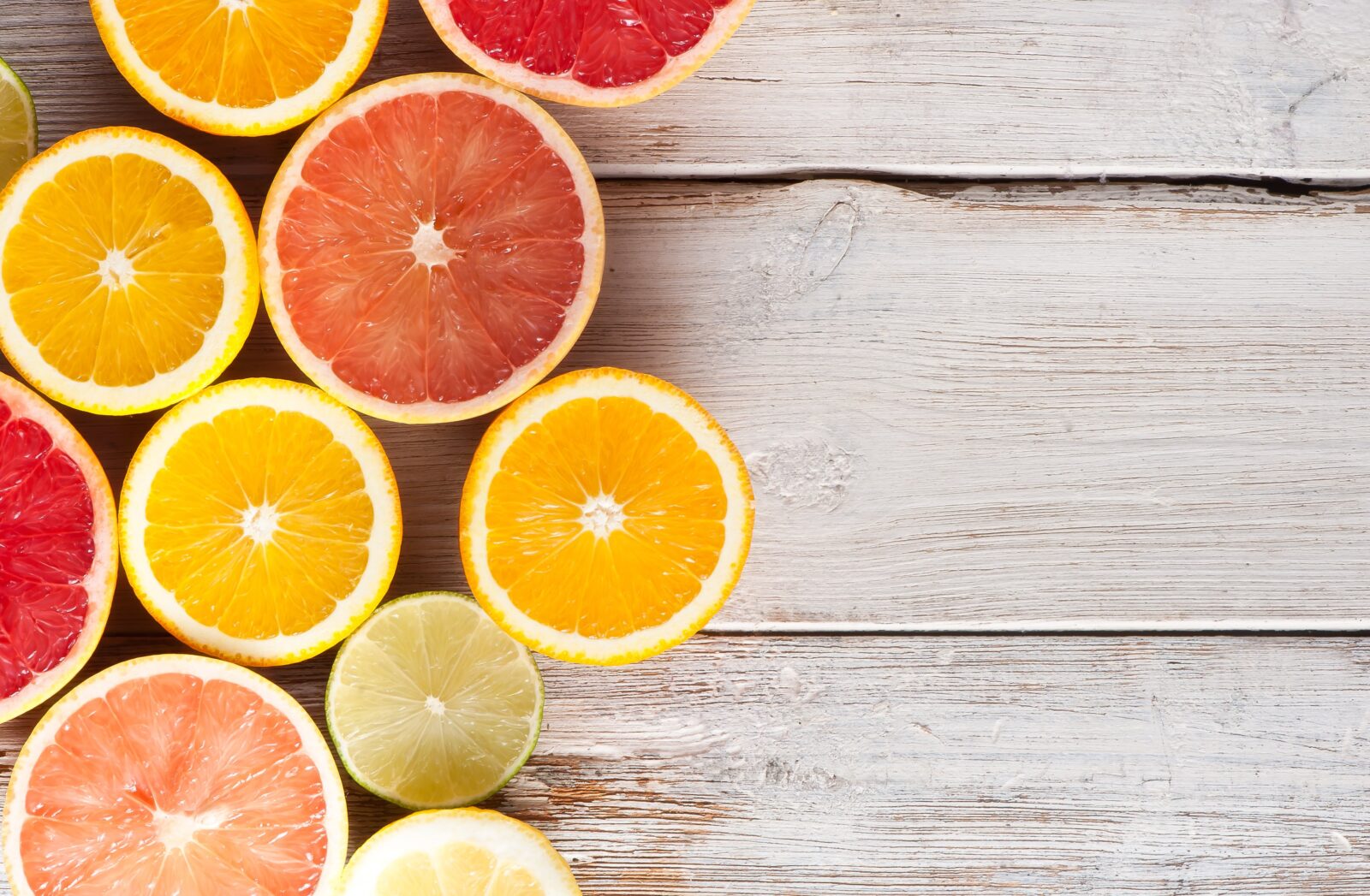
VITAMIN D
Food sources: raw dairy, egg yolks, whitefish, oysters, butter, and lard.
Supplements: Rosita cod liver oil, Smidge oyster capsules.
VITAMIN E
Food sources: soaked or sprouted almonds, cayenne, chili powder, curry powder, and soaked or sprouted sunflower seeds.
Supplements: Pufa Protect, Antidote v2 (vitamin E drops)
VITAMIN K
Food sources: basil, beet greens, broccoli, brussel sprouts, cooked collard greens, dandelion greens, eggs, raw dairy, cooked kale, liver, mustard greens, natto, parsley, sage, cooked swiss chard, thyme, turnip greens.
Supplements: pearl powder, purely K, Regulate (vitamin K drops)
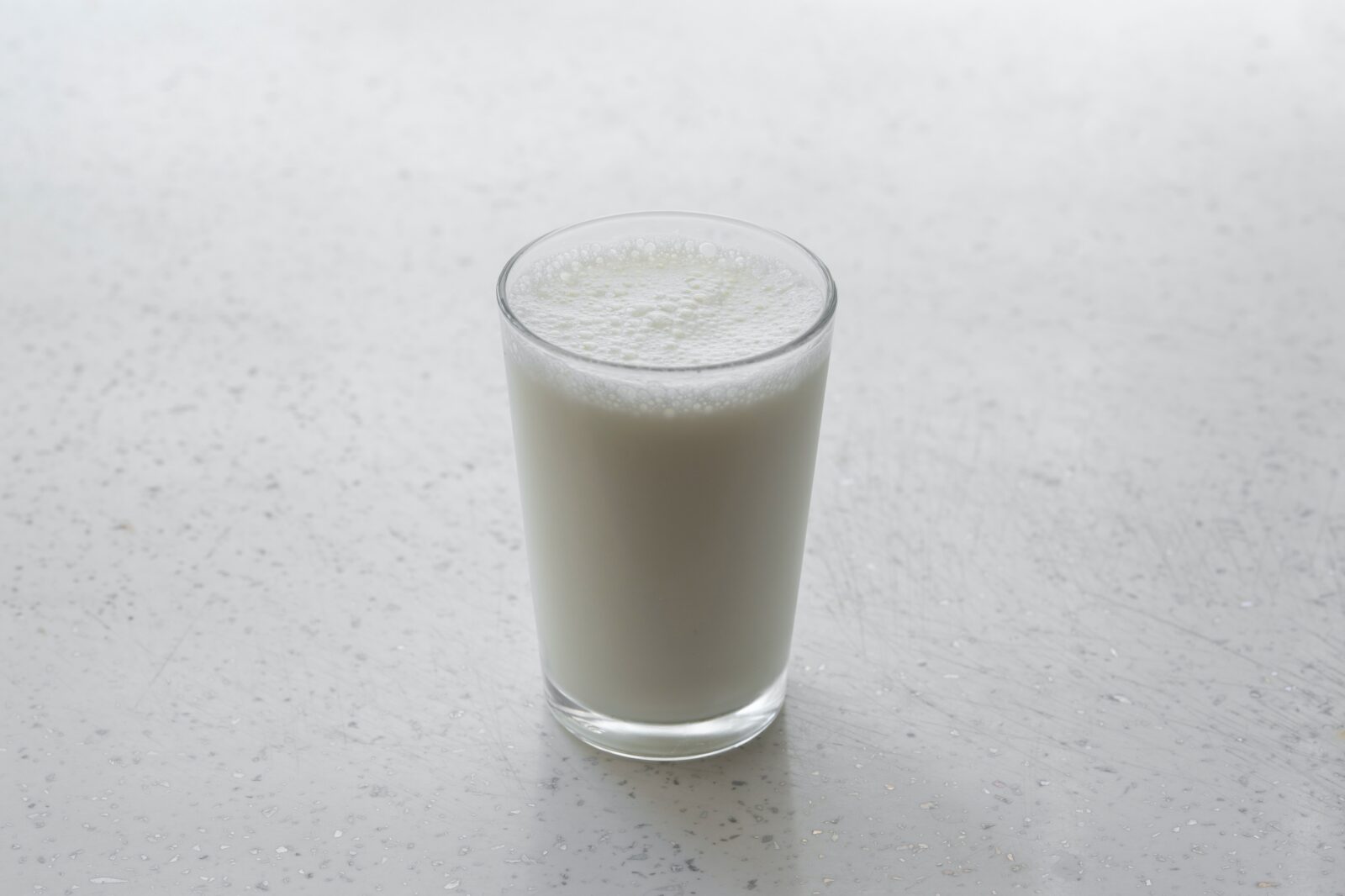
COPPER
Food sources: raw cacao, liver, oyster, shiitake mushrooms.
Supplements: desiccated beef liver, bee pollen, Smidge oyster capsules, spirulina.
FOLATE
Food sources: soaked or sprouted adzuki beans, basil, soaked or sprouted black beans, soaked or sprouted chickpeas, soaked or sprouted kidney beans, soaked or sprouted lentils, liver, marjoram, mung beans, oregano, sage, spearmint, tarragon.
Supplements: desiccated beef liver
IRON
Food source: soaked or sprouted adzuki beans, basil, bay leaf, cilantro, clams, dill, liver, molasses, oregano, parsley, rosemary, sage, spearmint, sesame seeds, spirulina, red meat, tarragon, thyme, turmeric.
Supplementation: desiccated beef liver capsules , bee pollen, multi-organs.
PHOSPHORUS
Food sources: raw cacao, chia seeds, cod, trout, raw dairy, egg yolk, fish eggs, mustard seeds, soaked or sprouted pumpkin seeds, red meats, sesame seeds, smelt, soaked or sprouted sunflower seeds, wheat bran.
Supplementation: desiccated beef liver capsules, bee pollen, colostrum powder.
POLYPHENOLS
Food sources: berries; brightly-colored ripe fruits, vegetables, and wild plants; chocolate; green and black teas; warming spices. I am not saying not to take supplements. Therefore, do legitimate research, be educated, and use these tools alongside a nutrient diet, stress reduction, and sleep. However, if you need clarification or clarification, talk to your nutritionist (or find one) before consuming specific supplements to ensure that you get quality supplements with the proper co-factors and the correct dosages.
Supplements: Acia powder
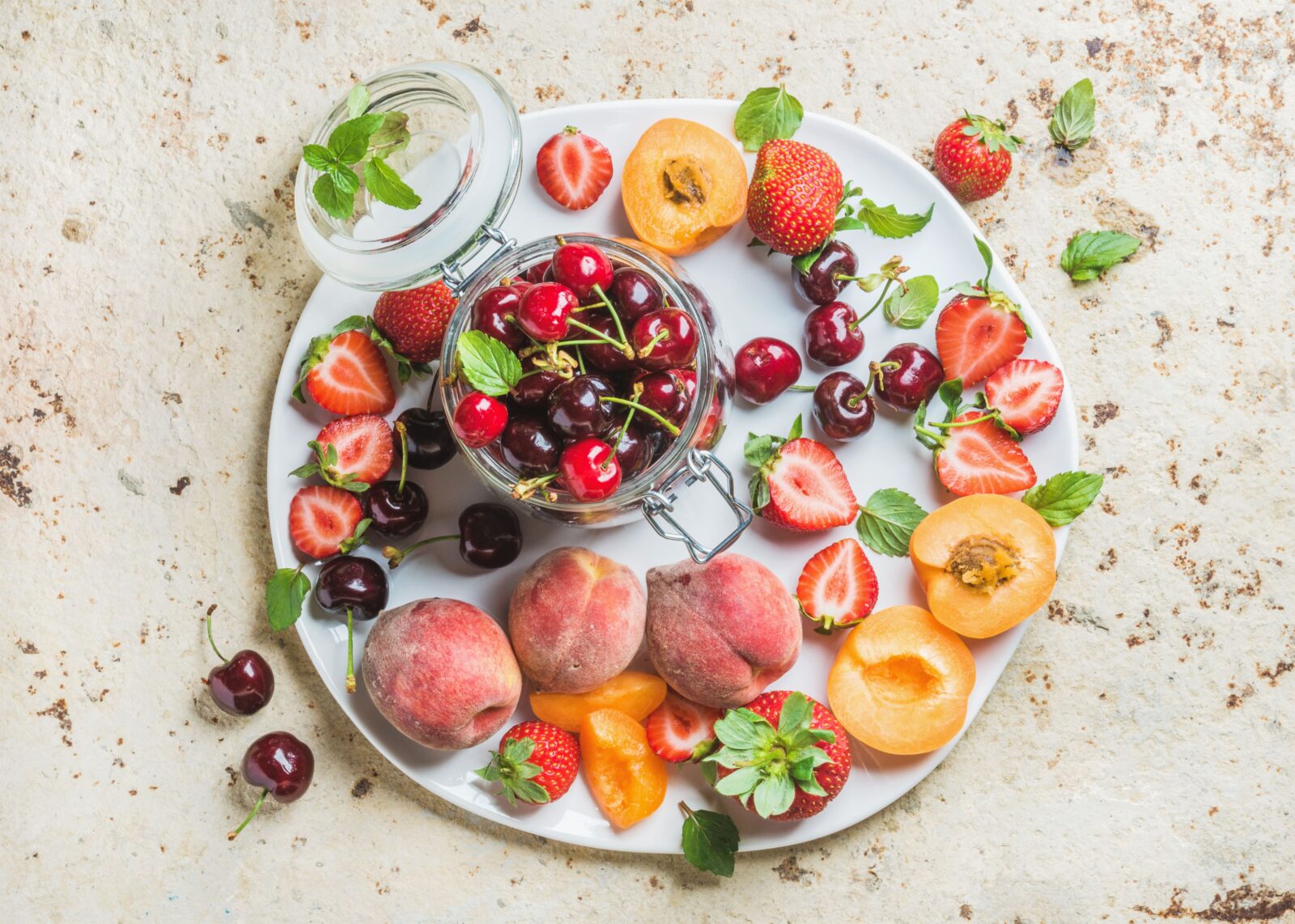
THIAMINE
Food sources: soaked or sprouted black beans, soaked or sprouted lentils, macadamia nuts, soaked or sprouted navy beans, pork, pili nuts, sesame seeds, soaked or sprouted sunflower seeds, nutritional yeast, beef liver, fish, asparagus.
Supplements: desiccated beef liver capsules, bee pollen.
SELENIUM
Food sources: brazil nuts, egg white, fish eggs, liver and kidney, mustard seed, poultry skin, salmon, sardines, and trout.
Supplements: desiccated beef liver capsules, bee pollen, multi-organs.
ZINC
Food sources: wild-caught oysters, soaked or sprouted pumpkin seeds, red meat, and sesame seeds.
Supplements: desiccated beef liver capsules, bee pollen, multi-organs, Smidge oyster capsules.
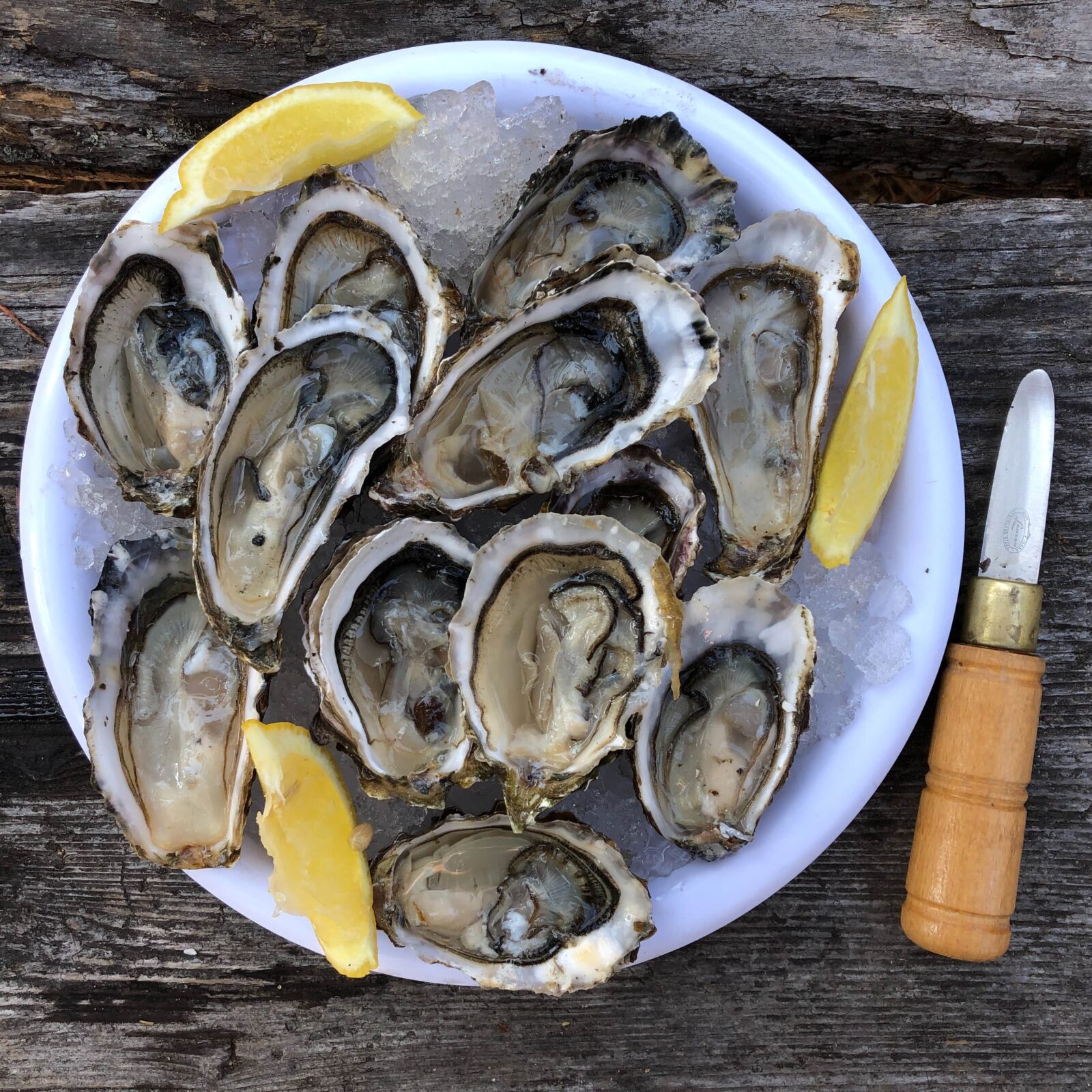
Since we know that 80% of our immune cells sit in the gut when we support the gut, we directly support the immune system.
More foods for immune support and gut health
PREBIOTIC FIBERS
Food sources: apples, bananas, berries, chicory, garlic, Jerusalem artichokes, jicama, cooked kale, onion, root vegetables, and seaweed.
Supplements: baobab powder.
PROBIOTIC-RICH FOODS
Food sources: fermented and cultured foods – fermented vegetables, kefir, kombucha, cultured plain dairy, beet kvass, etc.
Supplements: Microbiome Labs MegaSporeBiotic.
MISCELLANEOUS
Food sources: andrographis, astragalus, bone broth, echinacea, elderberry, ginger, raw honey, bone marrow, mushrooms, nettles, olive leaf, rhodiola.
Supplements: resilient body, the healing body, the mushroom tonic drops, mushroom immunity, cordyceps, rhodiola rosea.
I hope this list will be a helpful tool to show you how simple it can be to incorporate more nutrient-dense foods for an immune system boost.
Need more immune support > Steps You Can Take Daily To Support Your Immune System.
Disclaimer: This post is not intended to provide medical advice, diagnosis, or treatment and is for educational purposes only.
To order practitioner and therapeutic-grade supplements, visit my Fullscript + Wellevate dispensaries for an automatic 15% off all orders.
*****
Use code “NURTUREMEWILD” at checkout to save 15% off your first order at Beekeeper’s Naturals!
*****
Use code “NURTUREMEWILD” at checkout to save 10% off all your orders at Perfect Supplements!
*****
Use code “NURTUREMEWILD” at checkout to save 10% off your first order at Wild Wholistic!
*****
To order bulk organic and sustainably harvested herbs and spices, visit Mountain Rose Herbs!
******



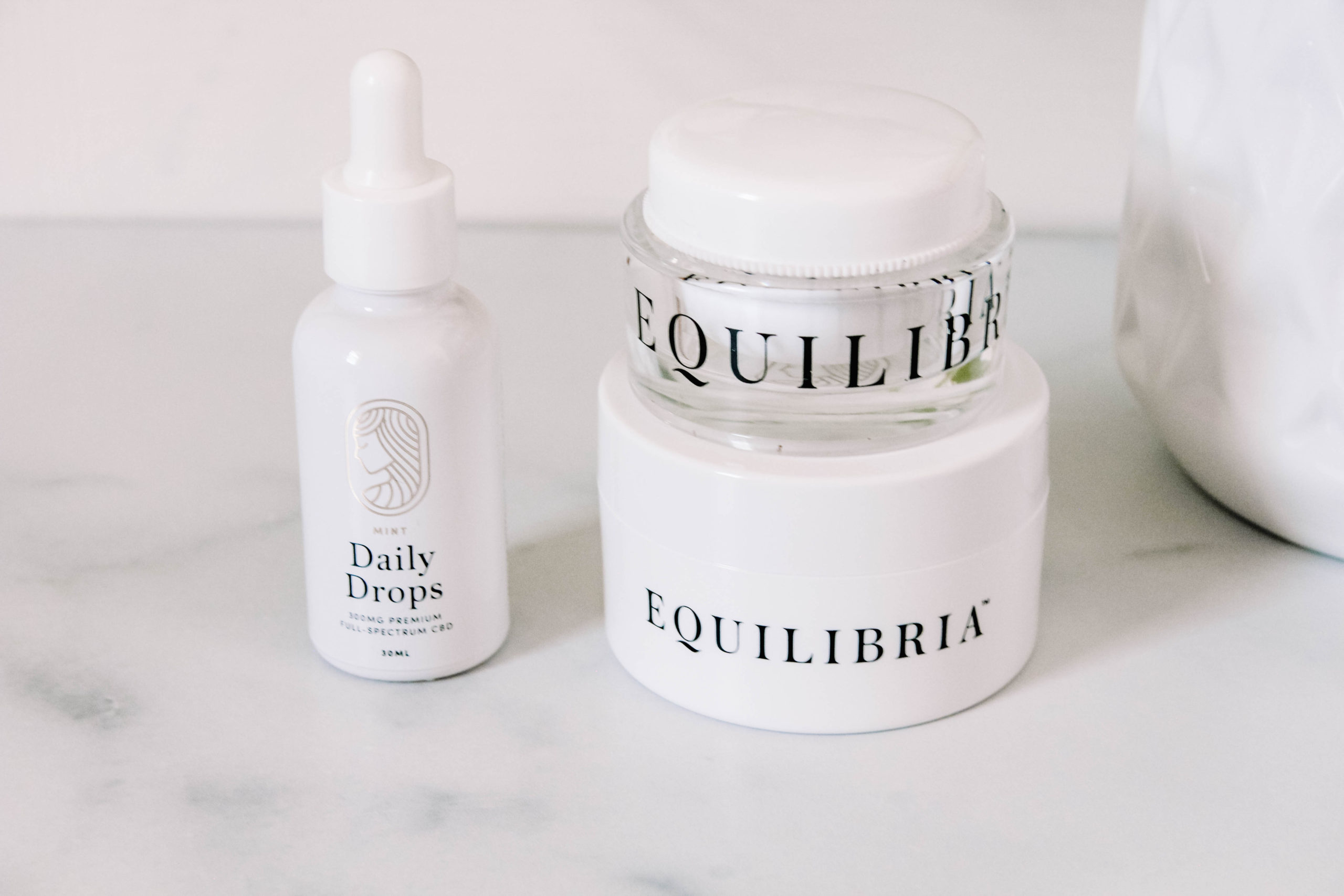
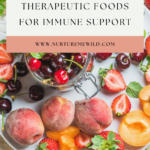
+ view comments